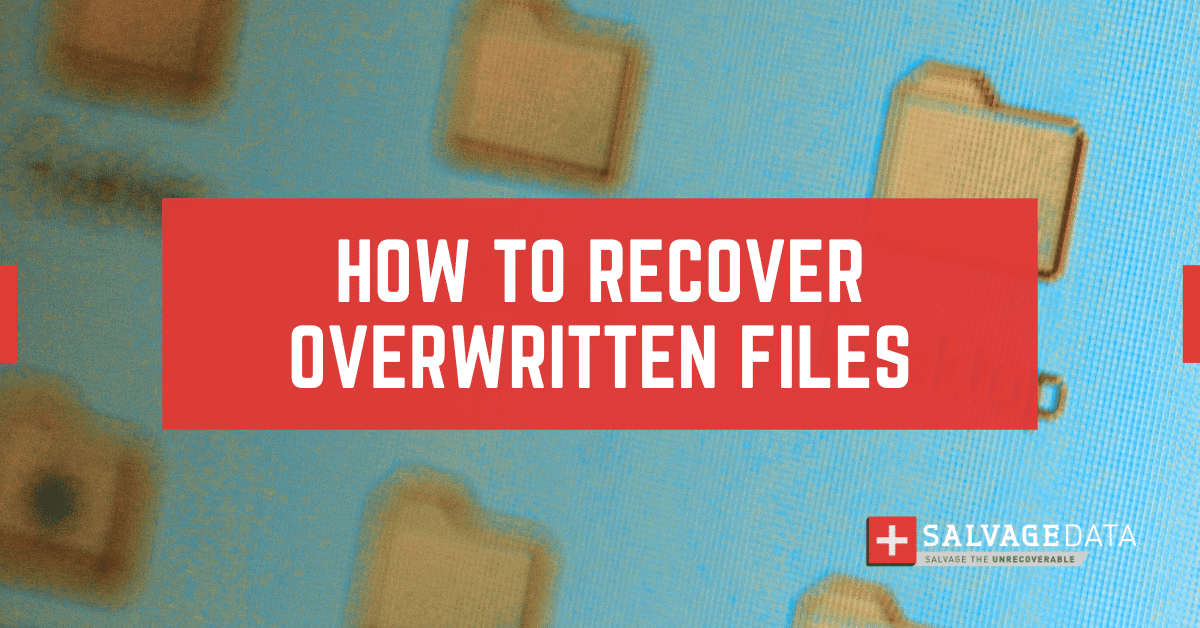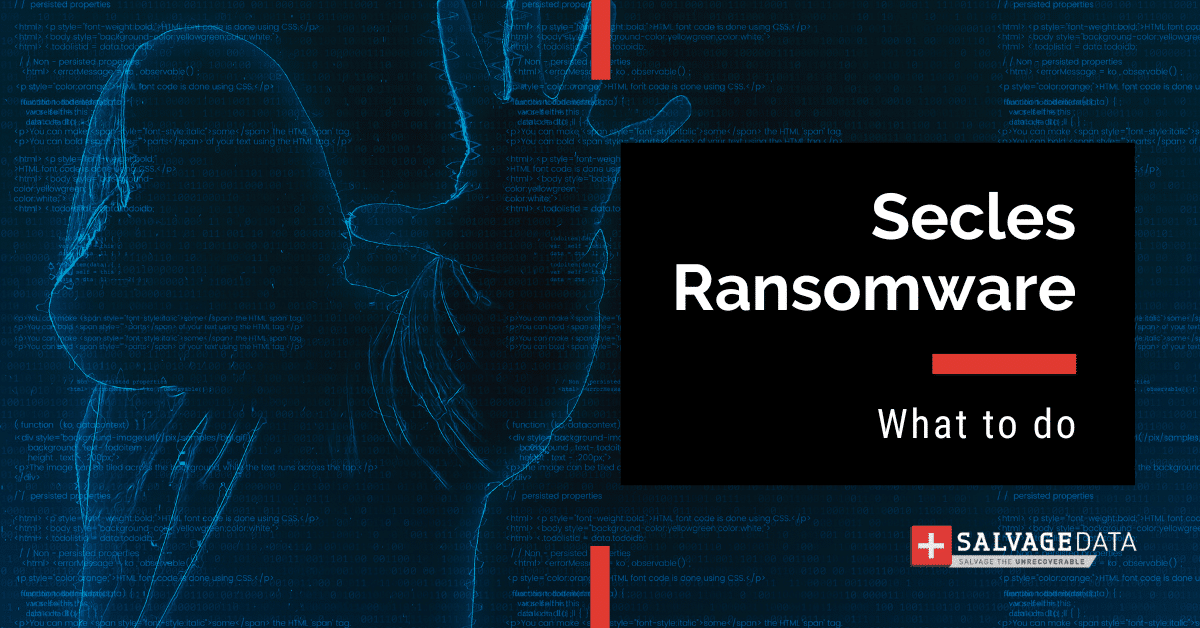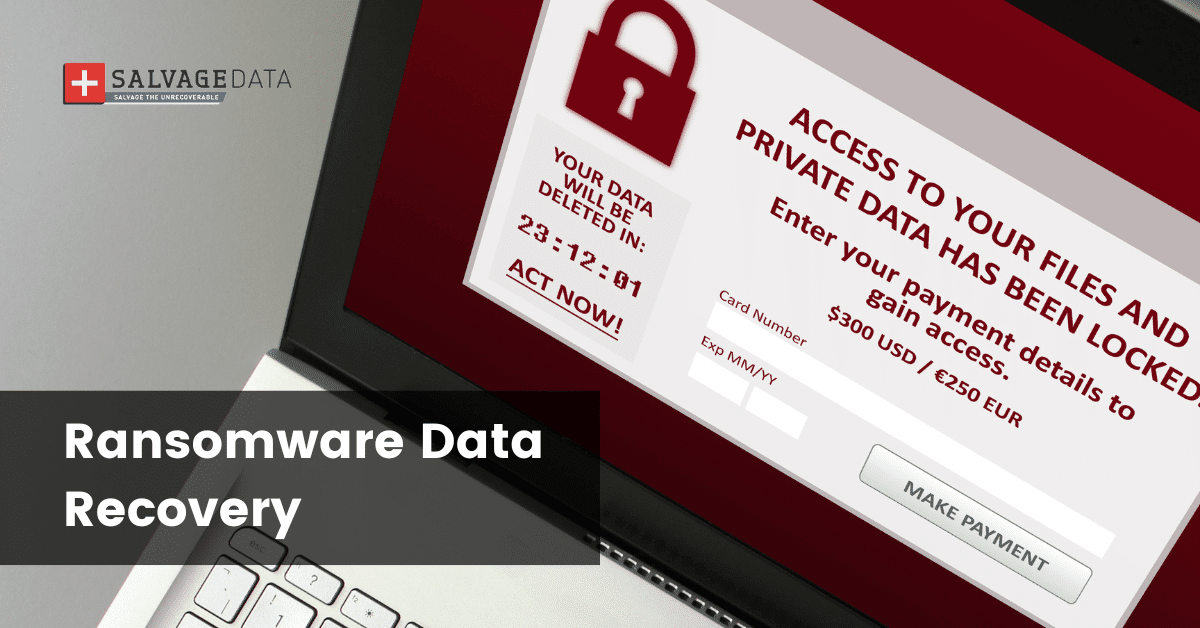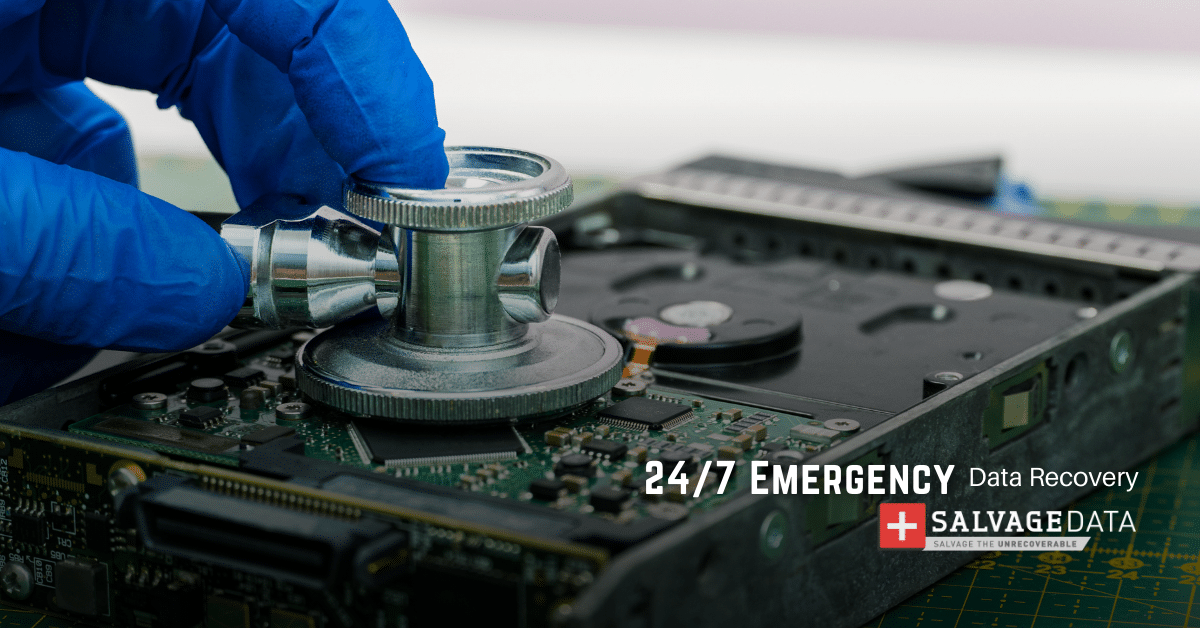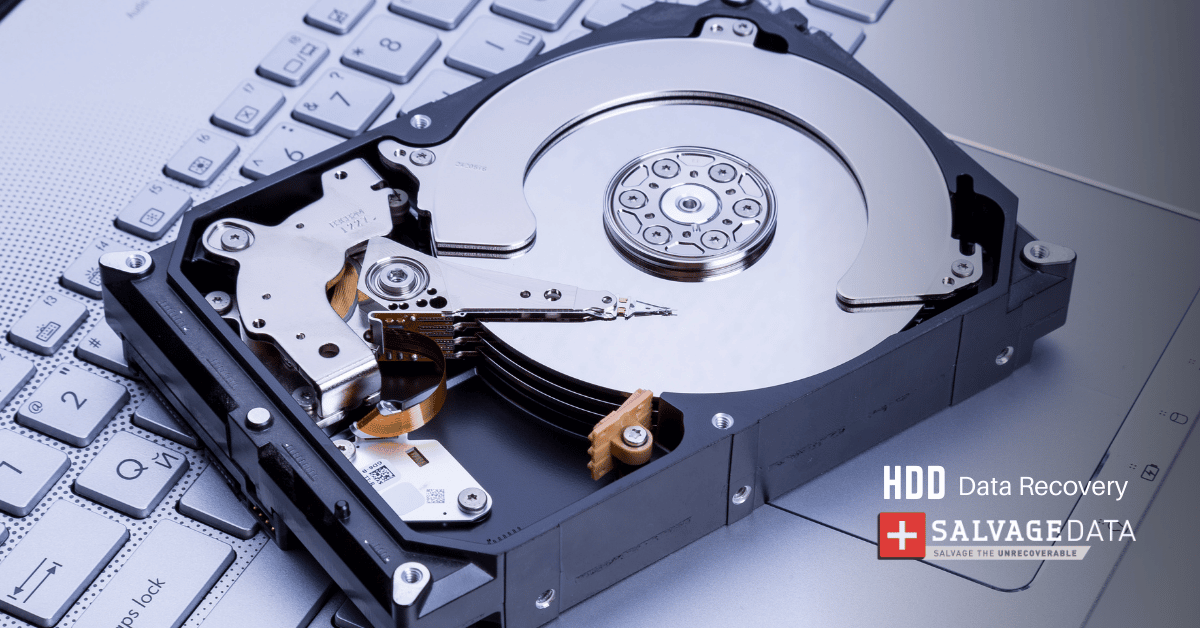Recent Articles
How To Recover Overwritten Files
The Snowflake Data Breach: A Comprehensive Overview
Mac Not Recognizing External Hard Drive: Quick Fix Solutions
How Multi-Cloud Backup Solutions Can Prevent Data Disasters
Capibara Ransomware: What is it & How to Remove
What Should a Company Do After a Data Breach: The Ticketmaster Incident
Secles Ransomware: Removal Guide
What To Do When Your Chromebook Freezes
How to Create Hyper-V Backup
What Is The Best Data Recovery Software For PC

I think there's an issue with my storage device, but I'm not sure Start a free evaluation →
I need help getting my data back right now Call now (800) 972-3282
What is CryptFuck?
Cryptfuck is a type of malware that encrypts your files and demands a ransom to decrypt them. This ransomware is particularly dangerous because it uses a strong encryption algorithm, making it difficult to decrypt your files without the proper decryption key. Cryptfuck Ransomware is also unique in that it uses the “.fuck” extension for encrypted files, instead of the more common “.encrypted” or “.lock” extensions.
How does Cryptfuck Ransomware work?
Cryptfuck works by first infecting your computer and then scanning your hard drive for files to encrypt. Once it has found some files to encrypt, it will use the RSA-2048 encryption algorithm to render them unreadable. After the files have been encrypted, Cryptfuck Ransomware will display a ransom message informing you that your files have been encrypted and demanding a payment of 1.5 Bitcoins to decrypt them.
How does CryptFuck get on your computer?
CryptFuck Ransomware can spread through email attachments, malicious websites, and infected advertising.
History
Cryptfuck Ransomware was first discovered by malware researcher Michael Gillespie on May 22, 2016. We believe it to be a variant of the CryptXXX Ransomware, which was also discovered by Gillespie. Cryptfuck Ransomware shares many similarities with CryptXXX, including the same encryption algorithm and ransom message.
The biggest Cryptfuck Ransomware attack occurred on June 27, 2016, when the Cryptfuck Ransomware encrypted the files of the San Francisco Municipal Transportation Agency (SFMTA). The SFMTA was forced to shut down its computer systems and pay a ransom of $73,000 to decrypt its files.
Protection
To protect yourself from Cryptuck, we recommend that you use a reputable anti-malware program and that you keep regular backups of your important files. Additionally, Cryptfuck Ransomware appears to be currently spreading via email attachments, so you should exercise caution when opening email attachments, even if they appear to come from a trusted source.
What should I do if I’m infected?
If you’re infected with Cryptfuck Ransomware, we recommend that you do not pay the ransom. There is no guarantee that a ransom payment will encrypt your files, it is often the case that developers do not worry about decrypting files even after receiving a payment. Additionally, by paying the ransom, you would be supporting the development of future ransomware attacks.
Instead, we recommend that you focus on restoring your files from a backup. If you don’t have a backup, you may be able to use file recovery software to recover some of your encrypted files. We built SalvageData data recovery software to help you.
Is there a public decryptor for Cryptfuck Ransomware?
At this time, there is no public decryption tool for Cryptfuck Ransomware.
Contact a data recovery service
If you don’t have a backup, if you are unable to decrypt your files using file recovery software, you may be able to use a professional data recovery service to recover your files. We recommend that you contact a reputable data recovery service like SalvageData.
SalvageData has successfully recovered data from Cryptfuck Ransomware infections and can often recover files without paying the ransom. To get started, please contact us for a free consultation.

